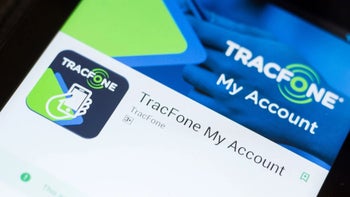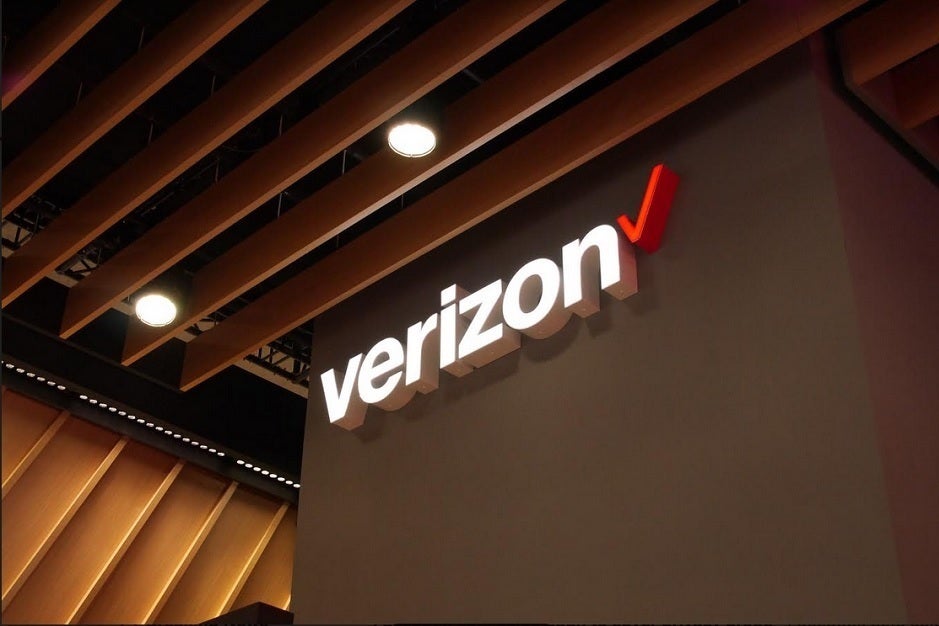FCC on verge of approving Verizon’s acquisition of TracFone

FCC seems on the cusp of approving Verizon’s acquisition of TracFone/
At the time the deal was announced, TracFone had 21 million subscribers and 90,000 retail locations in the U.S. Verizon called the company “the leading pre-paid and value mobile provider in the U.S.” and said that the deal would make Verizon bigger in the value category.
While Verizon said on Friday that it promised the FCC that it would stay involved with the Lifeline program for at least seven years, the carrier reportedly told the FCC that it will continue to offer the current Lifeline wireless plans at current costs for at least three years. It will also retain an internal company compliance officer and independent compliance officer to monitor its compliance with these commitments for more than seven years. And under the agreement with the CPUC, Verizon will need to sign up at least 200,000 Lifeline subscribers from California by the end of 2025.
Additionally, after the first year of the merger, Verizon or TracFone must offer Lifeline subscribers a free handset. Lifeline at present provides 9.1 million Americans with broadband or voice service for a reduced price or for free. Lifeline users receive as much as $9.25 a month toward their recurring monthly phone bills. The money can be used to help pay a monthly bill for phone service, or the internet, but not for both.
The Justice Department approved the deal last year
The USF was involved in some other news a couple of years ago when the FCC banned rural carriers from using the fund to help them pay for networking equipment gear from Chinese manufacturers Huawei and ZTE. Both firms are considered national security threats in the states but were among the top suppliers of networking equipment to the aforementioned rural carriers.
It should be pointed out that most telecom deals need approval from the FCC and the Department of Justice. The latter signed off on the deal last year.
For all the latest Technology News Click Here
For the latest news and updates, follow us on Google News.


